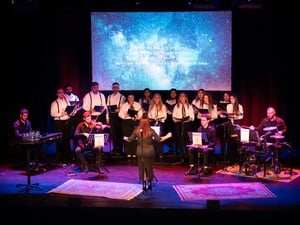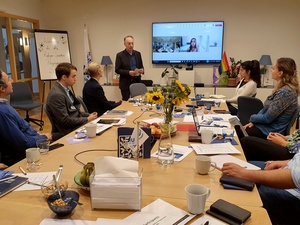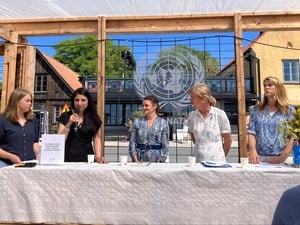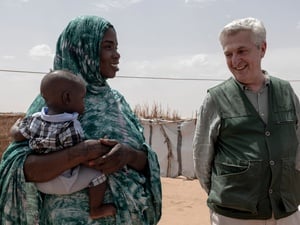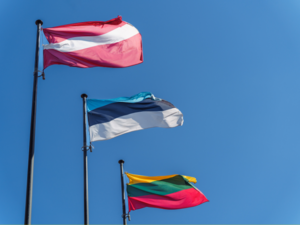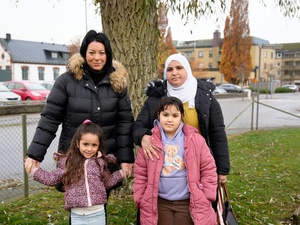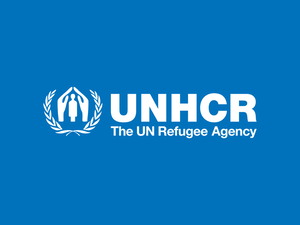UNHCR and partners put new perspectives on integration in Sweden
UNHCR and partners put new perspectives on integration in Sweden
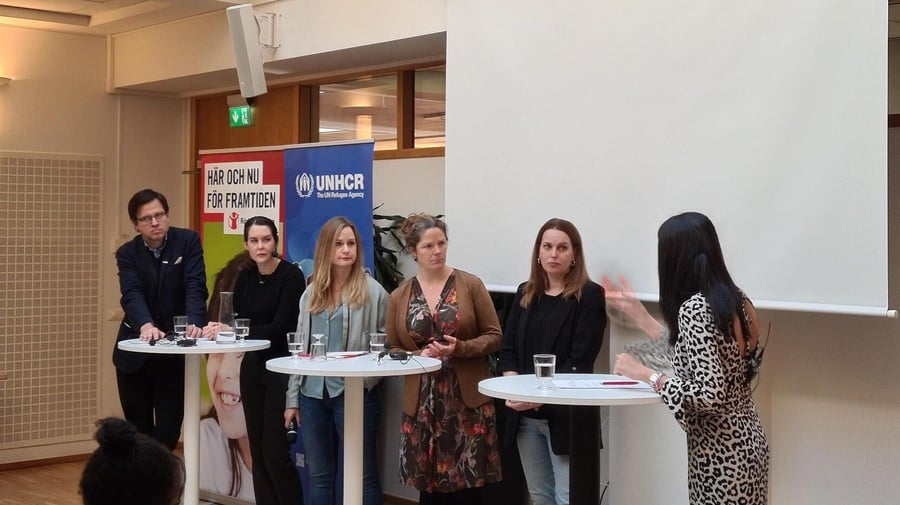
© UNHCR/Erika Löfgren
“Integration” is a word that is often brought up in debates about refugees and asylum-seekers – in the political and public debate as well as in dinner conversations.
The difficulty is often defining the meaning of “integration” and what the term entails. To explore this question and discuss how to ensure sustainable integration, UNHCR, the UN Refugee Agency, co-organized the seminar “Integration as a durable solution – what does it entail and how do we get there?” together with Save the Children and the Swedish Red Cross. The seminar took place 21 October in Stockholm, Sweden.
The aim of the seminar was to enhance the participants’ understanding of the terms “integration” and “inclusion” and discuss good practices as well as challenges to successful integration.
“Integration includes many different aspects such as access to housing, labour market inclusion, physical and psychological health and social inclusion,” says Erika Löfgren, Senior Durable Solutions Associate at UNHCR’s Representation for the Nordic and Baltic Countries.
The panellists included Henrik Malm Lindberg, Head of The Migration Studies Delegation, Tove Samzelius, Senior Lecturer at Malmö University, Nina Thorén Forsanker, Competence and Diversity Strategist at Ambea, Anna Gezelius, Integration Officer in Danderyd Municipality, and Frida Johansson Metso, Coordinator at the Swedish Red Cross Competence Centre for Rehabilitation of Torture and War Trauma.
Each of the panellists brought in their own perspectives and experiences from different parts of the integration process – housing, healthcare, labour market inclusion, and the civil society.
UNHCR’s Erika Löfgren hopes that the seminar has inspired reflections on the term integration.
“I hope the audience has gotten a deeper understanding of what the integration process in Sweden entails, and of course, that they feel inspired. It is important to focus on both what works and what does not work. And we must acknowledge that integration is a complex term that includes many different factors,” she says.
For UNHCR, integration is a dynamic and multifaceted two-way process that should lead to full and equal membership in society. Integration prepares refugees to adapt to their host societies without giving up their cultural identity. At the same time, the receiving communities should also be prepared for welcoming refugees and meeting the needs of a diverse population.
In the Nordic and Baltic region, UNHCR cooperates with a wide range of actors and partners to create strong social, economic, and cultural ties between refugees and their host communities, and to strengthen refugees’ capacity to lead independent and fulfilling lives.
The seminar concluded a three-part series on durable solutions co-organized by UNHCR’s Nordic and Baltic Representation, Save the Children, and the Swedish Red Cross. Watch the recording of the previous seminar on complementary pathways.
Read more about UNHCR’s approach to integration in the Nordic and Baltic countries here.


